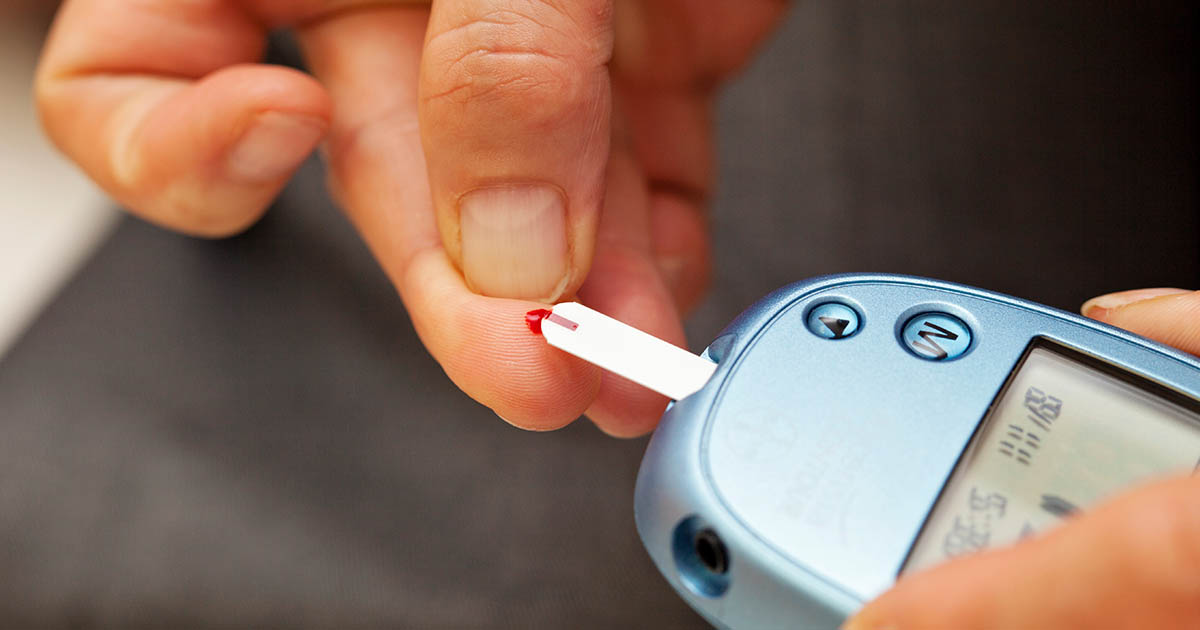Overview Of Apple Cider Vinegar
There are many different types of vinegar on the market. Some of them are used for cooking, and others have other applications, such as cleaning. Vinegar is an acid liquid that occurs when ethanol alcohol is fermented. Any ingredient with ethanol can be used to create vinegar. Some of the most common types include cider, beer, champagne, wine, and distilled grain alcohol. Of all the types of vinegar available, apple cider vinegar is among the most popular with the natural health community. Apple cider vinegar can be used in various ways, but it is important to use it safely.
Some individuals may use the same apple cider vinegar that is meant for cooking for health benefits by drinking vinegar. However, there are also apple cider vinegar tablets and even apple cider vinegar gummies. Additionally, individuals may try other apple cider vinegar supplements or follow the apple cider vinegar diet. Of course, it is vital to understand how this vinegar works first.
Health Benefits

While apple cider vinegar does not treat every ailment and disease, science does back several of its health benefits. One of these benefits is weight loss. In addition, diabetes patients have experienced improved symptoms when they add apple cider vinegar to their diet, including lower blood sugar. It also helps reduce cholesterol. Apple cider vinegar has a high acetic acid content, which means it has a strong effect on an individual's biology.
Thanks to the acid content, apple cider vinegar can be used to kill harmful bacteria. It has had its most successful applications when given to type 2 diabetes patients. Using apple cider vinegar has been shown to improve insulin sensitivity when an individual has a high-carbohydrate meal. It reduces fasting blood sugar in the morning and lowers overall blood sugar. If patients take other medications to lower their blood sugar, they should always check with a doctor before adding supplements like apple cider vinegar.
Uses For Apple Cider Vinegar

In addition to having health benefits when used in cooking, there are also several ways to use apple cider vinegar around the house. Some of its other uses are improving skin function, cleaning around the house, preserving food, and even washing hair. All types of vinegar are effective at preserving foods. In fact, it has been used to pickle and preserve foods for thousands of years. Using vinegar to pickle food makes the food more acidic and kills the bacteria that would cause it to spoil.
In addition, apple cider vinegar has antibacterial properties, making it a good agent to use as a deodorizer. Some individuals use apple cider vinegar as an all-purpose cleaner rather than investing in commercial cleaners. If individuals do use it as a cleaner, they should be aware that it has not been proven to be as effective at killing bacteria as commercial cleaners.
